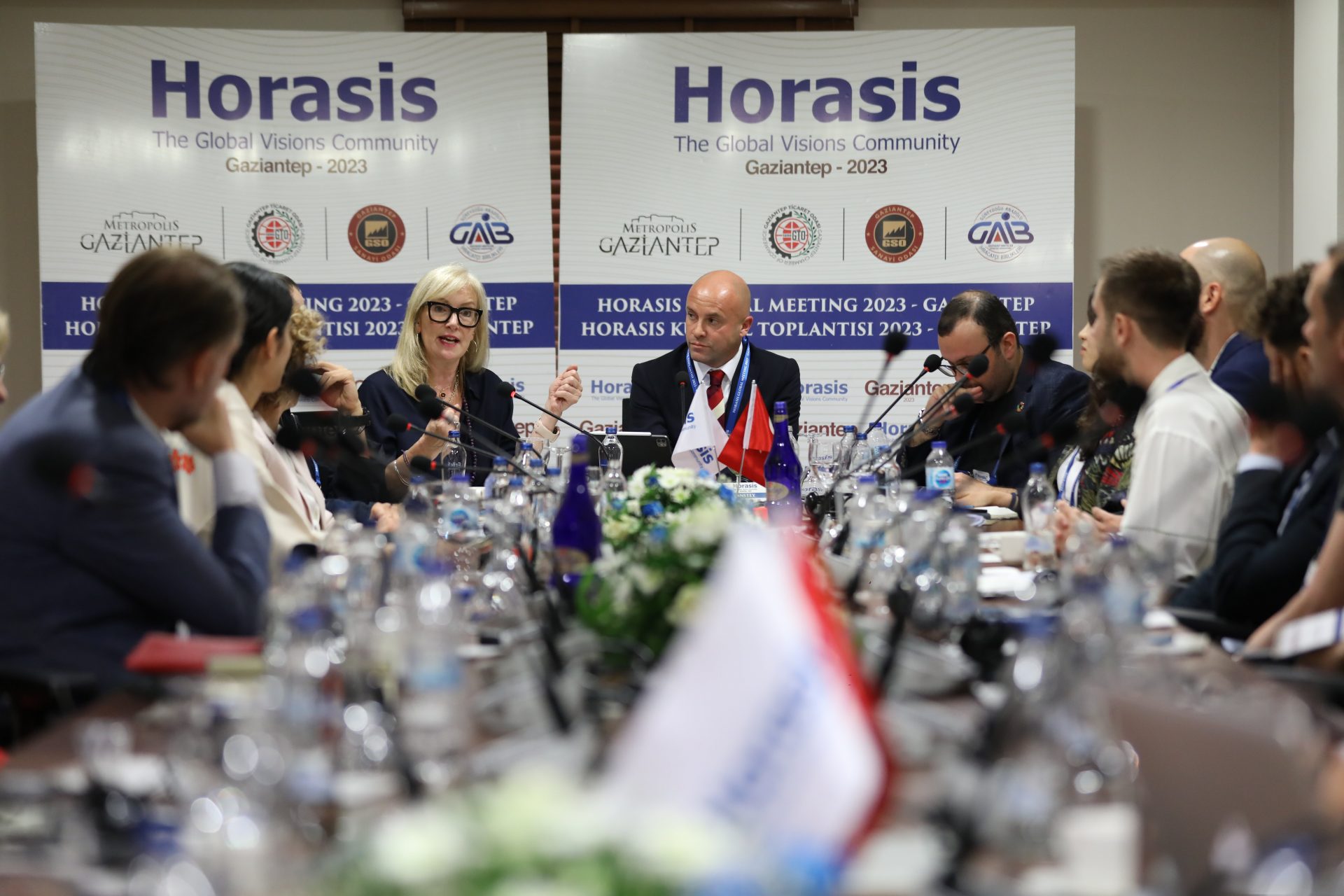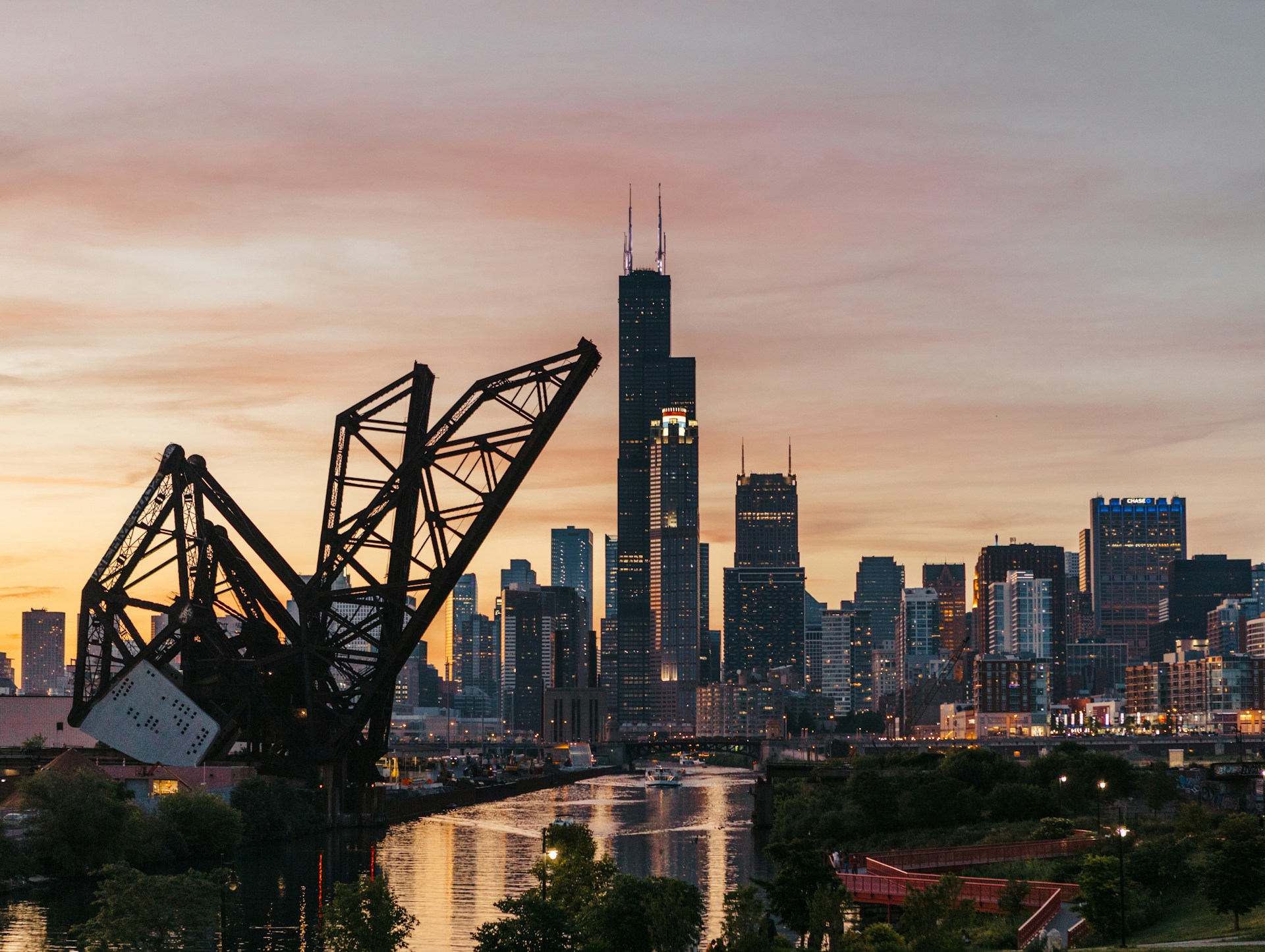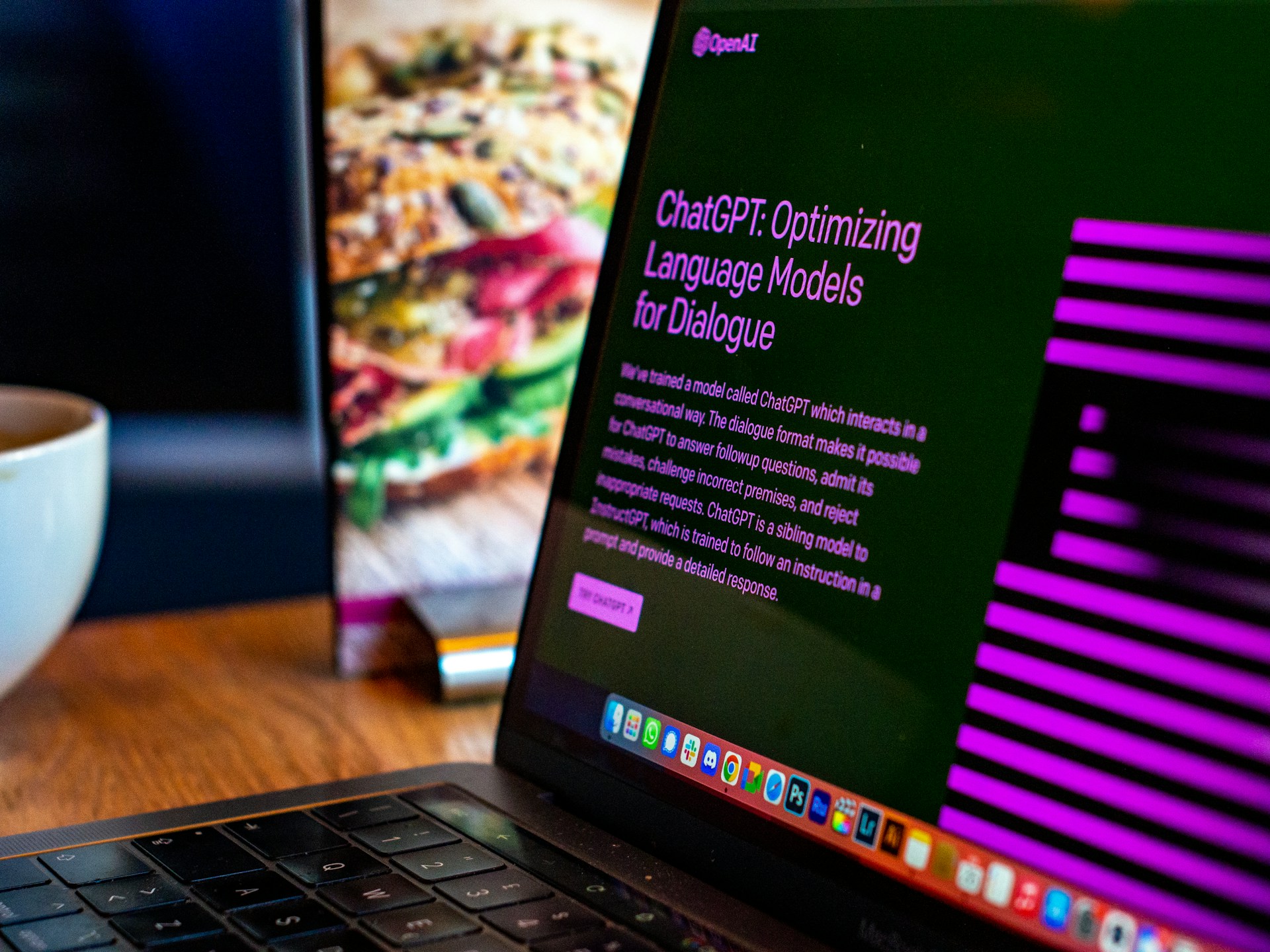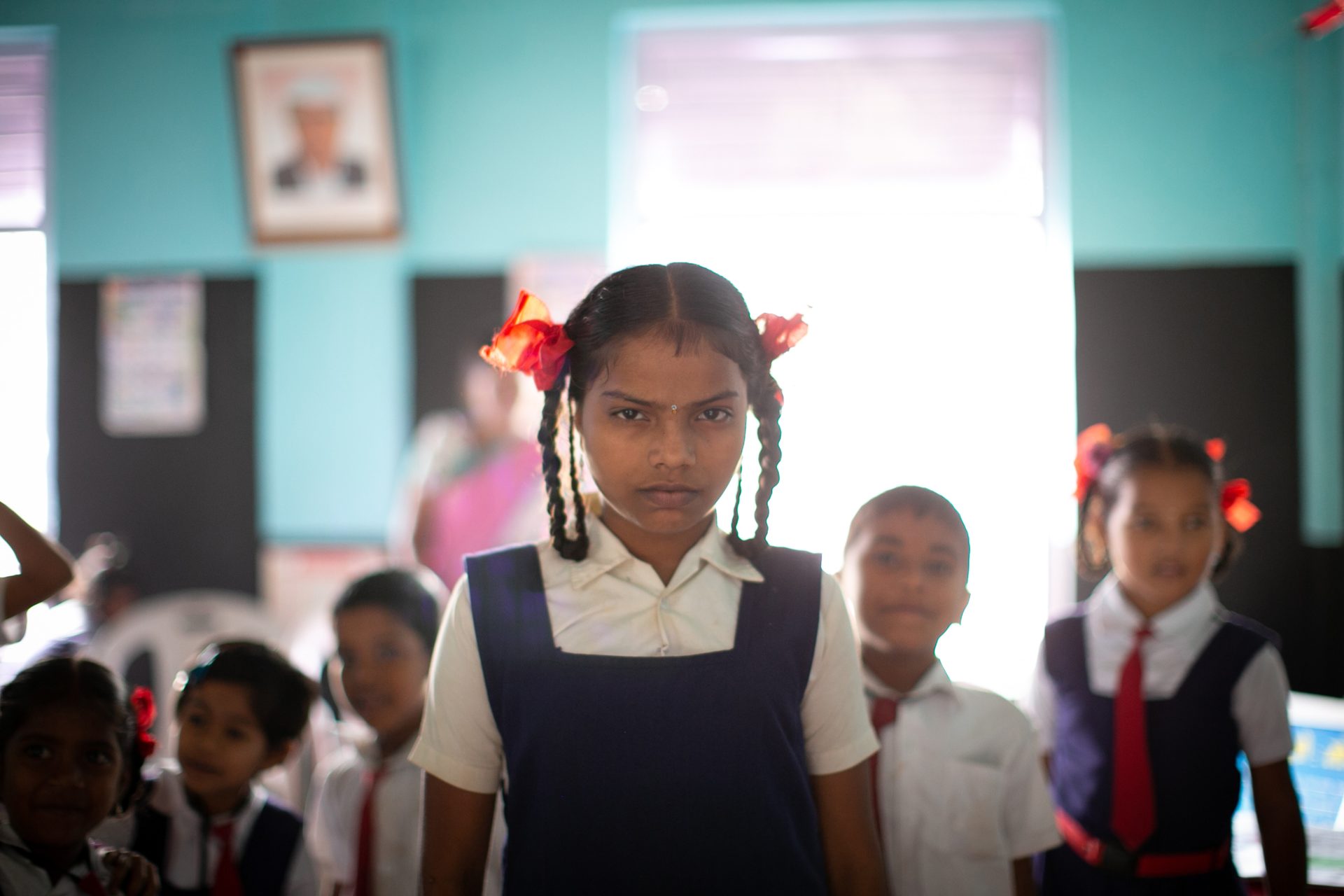The Need for a Global Shift
By Jennifer Nadel, Co-Director, Compassion in Politics, UK, and Director of Compassionate Politics, CCARE, Stanford University
Against the backdrop of war and the urgent and the unmet United Nations SDGs and Paris Climate Targets, how can we best innovate sustainably to solve our multiple intersecting crises?
Over the last four decades, global markets have benefited millions of people and raised hundreds of millions more out of dire poverty. However, billions of people have been left behind by the increasingly manifest market failures of extractive capitalism whether through intensifying inequality, the looming climate crisis, ecosystems destruction and or the instability of markets highlighted by the accelerating regularity of crashes such as those of 1997 (Asia), 2001 (Dot.com boom bust) or 2007-2008 (the devastating global financial crash).
Beneath Horasis’ extraordinary spread of panels and plenaries, a number of common themes emerged. How can we cultivate adequate political leadership in the face of democracy’s baked in need to court short-term popularity at the expense of long-term electorally less popular solutions? In the absence of political failure to address our spiralling challenges, can we trust markets themselves and the goodwill of benevolent investors, philanthropists and charitable institutions to provide the answers to the volatility of our global political economy? Can the common good be left in the hands of those with goodwill but no mandate – beyond the moral – to produce equitable and adequate solutions for the communities they affect? How can we close the gap between the solutions we all agree are needed and the actions that will be taken to achieve them?
Examples of visionary business and civic leadership abounded from amongst Horasis’ ranks. To name but a few: Martin and Dorrie Burt’s (Paraguay) Poverty Stoplight which gives those in the poorest communities the ability to arrive at their own definitions of poverty; Ann D’Silva’s (India and Türkiye) feminist and spiritual activism; the moral leadership of investors like Luis Gomez Cobo of SLC Holdings (Switzerland), who choose only to invest long-term and refused to allow any lay-offs during the pandemic; Andrey Kolodyuk (Ukraine) investing in rebuilding Ukraine amidst the conflict and attempting to crowd-source solutions to finding peace. But are such actors, (and the many I haven’t got space to name here but who were at Horasis) enough to address the yawning gap between where we are now and where we need to be to avert existential crisis?
Post COVID, the annual cost of delivery of the 17 UNSDGS, born in 2015, rose from an estimated US$ 2.8 trillion to approaching US$3.5-4 trillion. Due in 2030, it is unlikely that at the current pace the SDGs will be delivered before 2092. And further delays will only cost more.

These questions were directly addressed in Professor John A Quelch’s (Professor Emeritus, Harvard University) panel on Fostering the Global Common Good, where thanks to a spontaneous invitation from John to join the panel, I found myself alongside the brilliant, Ameer Ibrahim (Carbonbase, Hong KOng) disputing their adequacy to fill the gap in global leadership. We both identified the absence of moral leadership as a vital missing component. ‘What is the point of us humans being here’ asked Ameer, ‘if our job is just to be units of consumption or labour?’
A theme powerfully echoed by Isabel Jimenez (Chairwoman, MVD Invest Group, Monaco)’s question: ‘How have we become so greedy?’ Isabel argued that far greater restraint in profit maximisation would help to ensure greater social impact accompanied development and investment.
In both, less formal conversations and public discussions like the powerful panel on Harmonizing Planetary and Human Needs, expertly chaired by Martyn Anstey (REIMAGINEx | 528 Ventures, UK), there was an acknowledgement that a collective shift needed to occur. A shift that must be internal as well as external.
The ‘greed’ identified in Isabel’s powerful question is a symptom of a deeper cultural malaise rather than just an individual moral failing. Collectively, thanks to a confluence of factors, we find ourselves trapped in a vortex of competitive self-interest and overconsumption that have resulted not just in a material and ecological crisis but also a psychological and spiritual one. The very market that has lifted so many out of poverty has also failed to value the assets which lead to our collective wellbeing and planetary thriving. Our needs to belong, to have purpose, to be connected, seen and cared for have to date not been prized by a market that externalises environmental and social costs. While millions across the world lack the basics needed to live , millions with plenty find themselves victims of depression, addiction and the physical diseases that are exacerbated by loneliness and despair. The cost to markets is finally beginning to be acknowledged by insurers and others whose balance sheets are most directly affected. But time is running out. While we continue to see the economy as our hallowed master rather than our humble servant, we will be unable to address our interrelated crises in the timescale allowed.
A new course needs to be set, one which places our collective wellbeing above the pursuit of unsustainably generated wealth. The solutions exist and were powerfully addressed at the summit. For starters, a UN Convention to prevent Ecocide and a shift from prioritising GDP to a more holistic measurement (as advanced by the Wellbeing Economy Alliance and already adopted by give nations). The challenge for those of us in the Horasis community, with the extraordinary power at its disposal, is to make that change of direction happen before it’s too late.




